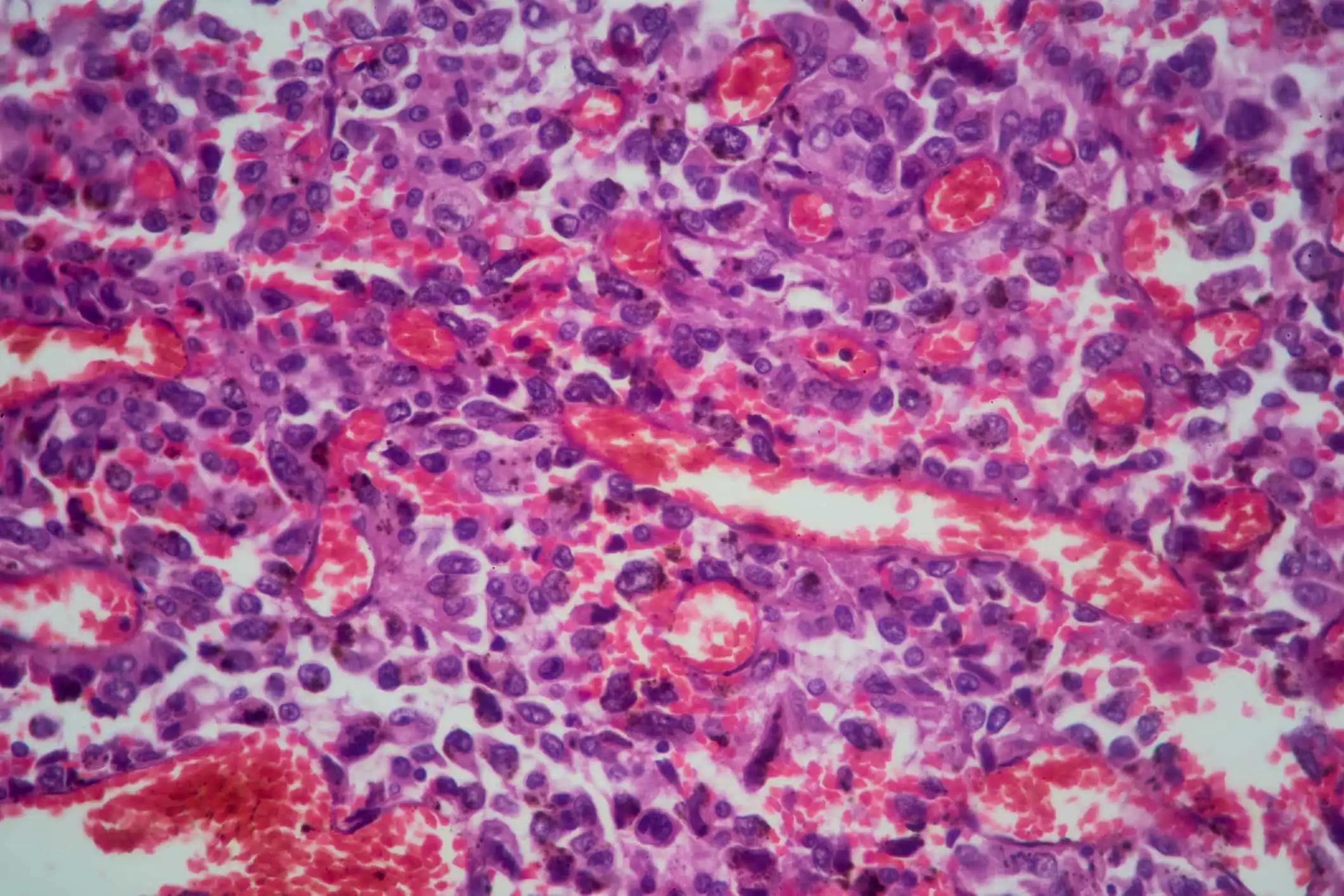KEY TAKEAWAYS
- The Phase I trial sought to analyze the efficacy and safety of MK-1084 as monotherapy and in combination with Pembro in patients with advanced solid tumors and 1L metastatic NSCLC.
- The primary endpoints were DLTs, AEs and discontinuations due to AEs.
- MK-1084 plus Pembro showed manageable safety and promising early antitumor activity in patients with NSCLC
Carlos I. Rojas and team aimed to evaluate the safety and efficacy of MK-1084, a selective KRAS G12C inhibitor, as monotherapy in advanced solid tumors and in combination with pembrolizumab (pembro) for lung of primary metastatic non-small cell cancer ( NSCLC).
Investigators performed a complementary analysis in eligible patients with locally advanced unresectable/metastatic solid tumors and prior therapy ≥1 line (arm 1) or PD-L1 TPS ≥1 of prior NSCLC % metastases (arm 2) treated.
Patients had histological/blood-based confirmation of KRAS G12C mutation, with measurable disease to RECIST v1.1 and ECOG PS ≤1. Patients received MK-1084 PO QD or BID (25–800 mg) as monotherapy (Arm 1) or pembro 200 mg Q3W (Arm 2) using a modified toxicity probability dose-escalation design.Treatment was continued until PD, unacceptable toxicity, withdrawal, or maximum permitted cycles (≤35 cycles for pembrolizumab; no limit for MK-1084).
Primary endpoints included dose-limiting toxicities (DLTs), adverse events (AEs), and discontinuations due to AEs. AEs were graded per NCI CTCAE v5.0. Objective response rate (ORR) per RECIST v1.1 by investigator review was a secondary endpoint.
About 54 patients received MK-1084 in Arm 1 and 24 received MK-1084 plus pembro in Arm 2 on August 4, 2023. Median (range) follow-up was 8.1 (1.5–18.4) months in Arm 1 and 5.2 (0.2–14.1) months in Arm 2. Arm 1 comprised 37 patients (69%) with CRC and 11 (20%) with NSCLC; 39 patients (72%) had ≥2 lines of prior therapy.
No dose-limiting toxicities (DLTs) occurred in Arm 1. In Arm 2, one patient receiving MK-1084 400 mg QD + pembro experienced DLTs (grade 3 increased alanine aminotransferase [ALT] and grade 3 increased aspartate aminotransferase [AST]). AEs of any cause occurred in 96% of patients in both arms.
Treatment-related AEs (TRAEs) occurred in 57% of Arm 1 patients and 79% of Arm 2 patients, with 9% and 42% experiencing grade 3-4 TRAEs, respectively (no grade 5). The most common TRAEs across all dose levels were increased ALT (Arm 1, 15%; Arm 2, 42%), increased AST (17%; 33%), and diarrhea (13%; 17%). ORR was 22% in Arm 1 (12/54 patients, all confirmed PR; 6 in CRC, 5 in NSCLC, and 1 patient with cervical adenocarcinoma) and 71% in Arm 2 (15/21 patients, all confirmed PR).
The study concluded that MK-1084, as monotherapy and in combination with pembrolizumab, showed manageable safety and promising antitumor activity early in advanced solid malignancies and Previously undiagnosed NSCLC patients with KRAS G12C mutations.
The trial was sponsored by Merck Sharp & Dohme LLC.
Source: https://cslide.ctimeetingtech.com/tat2024/attendee/confcal/show/session/5
Clinical Trial: https://clinicaltrials.gov/study/NCT05067283
Rojas C.I, Lugowska I, Juergens R, et al. (2024). “Updated results from a phase I study evaluating the KRAS G12C inhibitor MK-1084 in solid tumors and in combination with pembrolizumab in NSCLC.” Presented at ESMO-TAT 2024, Abstract (44O).



